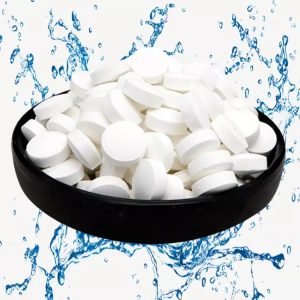The Art and Culture of Perfume: A Fragrant Journey Through Time
The Art and Culture of Perfume: A Fragrant Journey Through Time
Perfume has been an integral part of human civilization for millennia, weaving through cultures and eras with elegance. From ancient rituals to modern luxury, scents tell stories of tradition, identity, and artistry. In this guide, we explore how fragrances have evolved and their impact on society today.
History of Fragrance Evolution
The origins of perfume date back to ancient Mesopotamia and Egypt, where aromatic oils were used in religious ceremonies. Over time, techniques spread to Rome and the Arab world, refining distillation methods. The Renaissance era saw perfumery flourish in Europe, leading to the sophisticated niche perfume brands we know today. Each epoch contributed to the rich fragrance heritage that defines contemporary scent culture.
Cultural Significance of Scents
Scents are deeply tied to cultural identity. In the Middle East, oud and amber notes symbolize hospitality and tradition, while Western cultures often associate florals with romance. Understanding ثقافة العطر (perfume culture) highlights how communities use fragrance in daily life, from celebrations to personal expression. This global perspective enriches our appreciation for olfactory artistry.
Modern Perfume Industry Insights
Today’s perfume industry blends innovation with tradition. Brands focus on sustainable perfume production and long-lasting scent formulas to meet eco-conscious demands. Key trends include personalized fragrances and unisex scents, driven by consumer desire for uniqueness. Technology, like AI in scent creation, is revolutionizing how perfumes are crafted and experienced.
Choosing the Right Fragrance
Selecting a perfume involves considering skin chemistry, occasion, and season. For daytime, light citrus or floral notes work well, while evenings call for deeper woody or spicy accords. Testing on skin and allowing dry-down ensures the scent complements your body’s natural oils. This approach helps build a versatile fragrance wardrobe.
Frequently Asked Questions
How long does perfume typically last?
Most perfumes last 4–8 hours, with concentrations like eau de parfum offering longer longevity. Factors like skin type and storage affect duration.
What is the difference between niche and designer perfumes?
Niche perfumes are crafted by specialized houses for uniqueness, while designer brands focus on mass appeal and branding.
How can I make my perfume last longer?
Apply to pulse points after moisturizing, and store bottles in cool, dark places to preserve integrity.
Explore the World of Fragrance
Ready to dive deeper into perfume artistry? Discover exclusive scents and learn how to curate your collection. Visit our curated resources to start your fragrant journey today!

